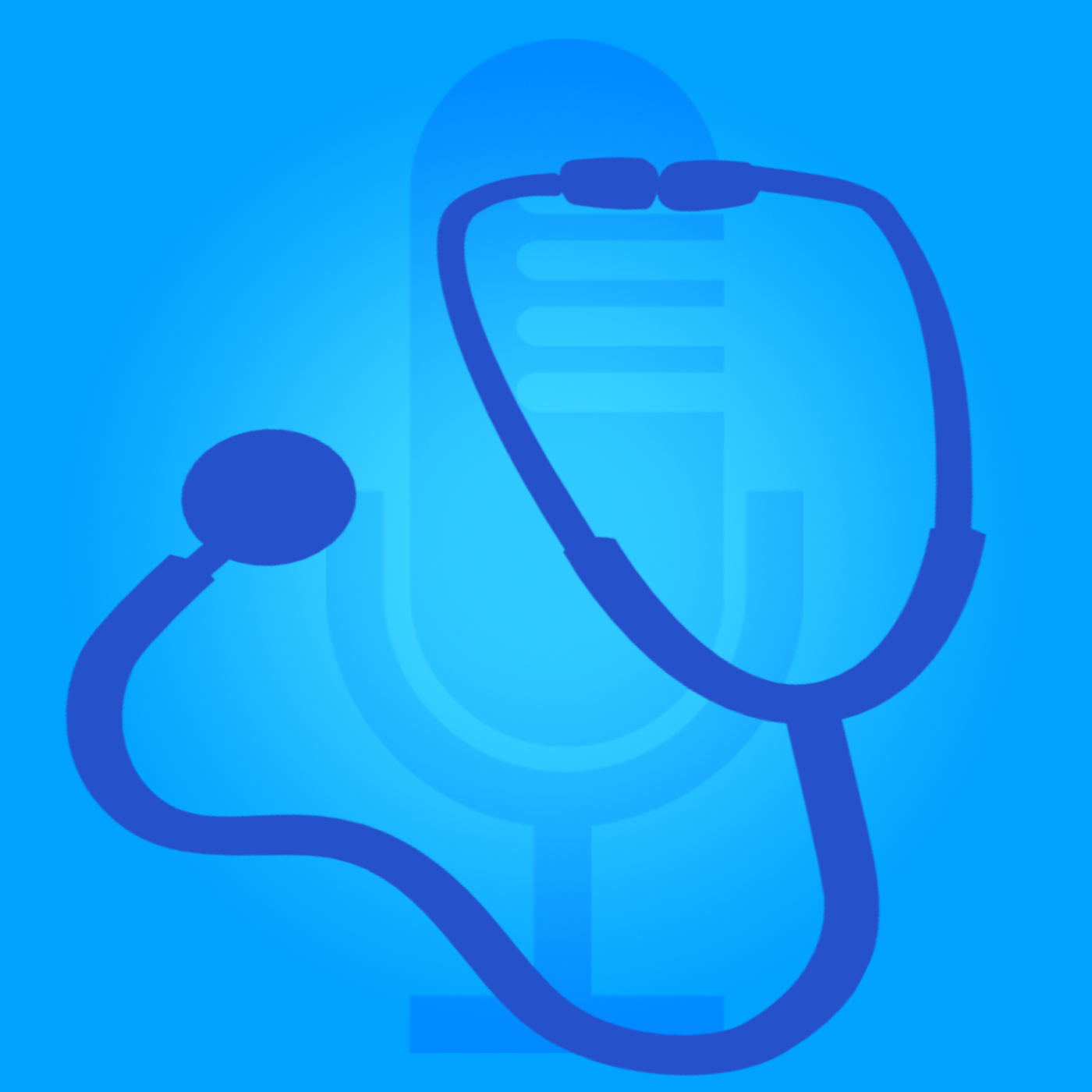Dizziness
Dizziness can come in different forms: vertigo, lightheadedness, disequilibrium.
Vertigo: False movement, room spinning. Feels as if you are moving when you are not.
Benign Paroxysmal Positional Vertigo: acute, occurs with certain movements, lasts seconds to minutes
Dix-Hallpike to diagnose
Vestibular rehab/physical therapy to treat - Epley Maneuver
Meniere’s Disease: vertigo, with hearing loss and ringing in ears
Labyrinthitis
Central vertigo: can be more worrisome, exam looks for signs of stroke or other pathology. May need brain imaging.
Lightheadedness: feeling like one could pass out, pre-syncope
Cardiac causes: arrhythmias, valve disease
Orthostatic hypotension
Disequilibrium: sense of imbalance
Changes in nerve sensation can contribute: peripheral neuropathy, knee replacements
Vision and auditory impairment can also contribute
Diagnosis: monofilament testing, vibration sensory testing, gait speed, get up and go test, Romberg test all help evaluate
Treatable causes: B12 deficiency, thyroid disease, uncontrolled diabetes, medications that can be stopped (older anti-histamines)
Treatment: Adaptations (change in glasses, hearing aids), practice balance - physical therapy, strengthening
Persistent Postural Perceptual Dizziness (PPPD): persistent dizziness that worsens with motion or upright position, present > 3 months
Often follows BPPV or labyrinthitis
Anxiety, depression often present concomitantly
Treatment: Evaluate medications, consider medication to help with anxiety, depression
Health Pearl: For people who have been fully vaccinated for COVID-19, we discuss CDC guidelines and ways to safely expand activities.
Follow us on Facebook and Twitter
